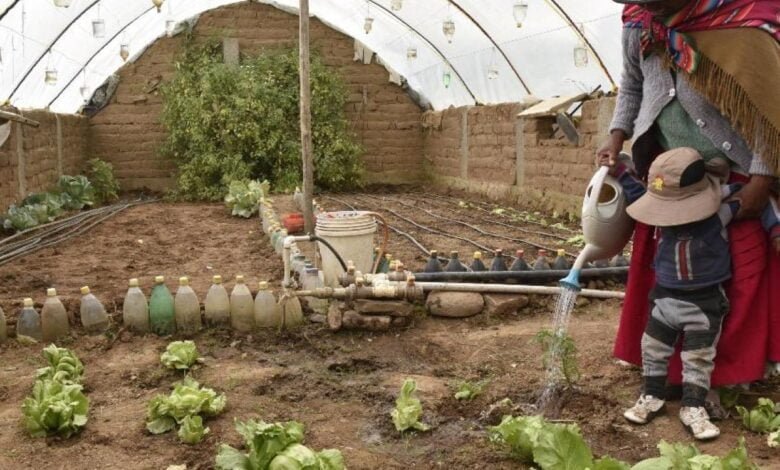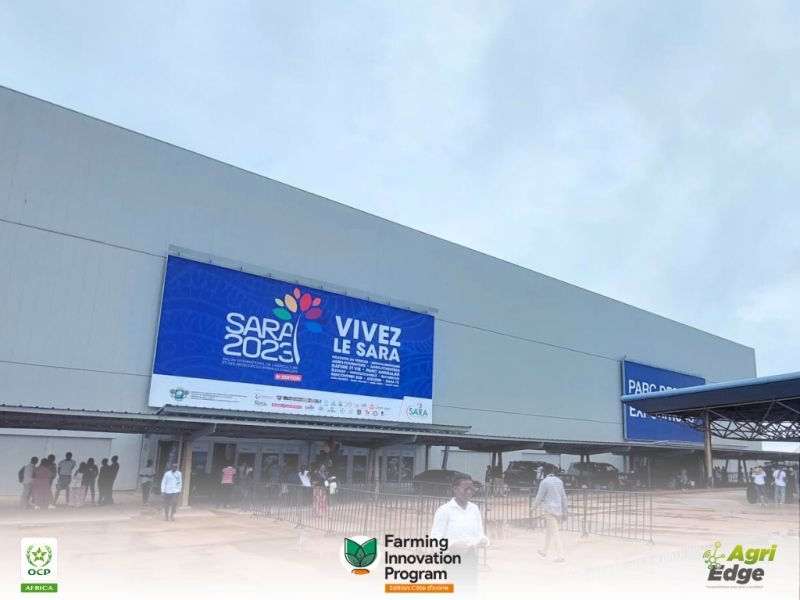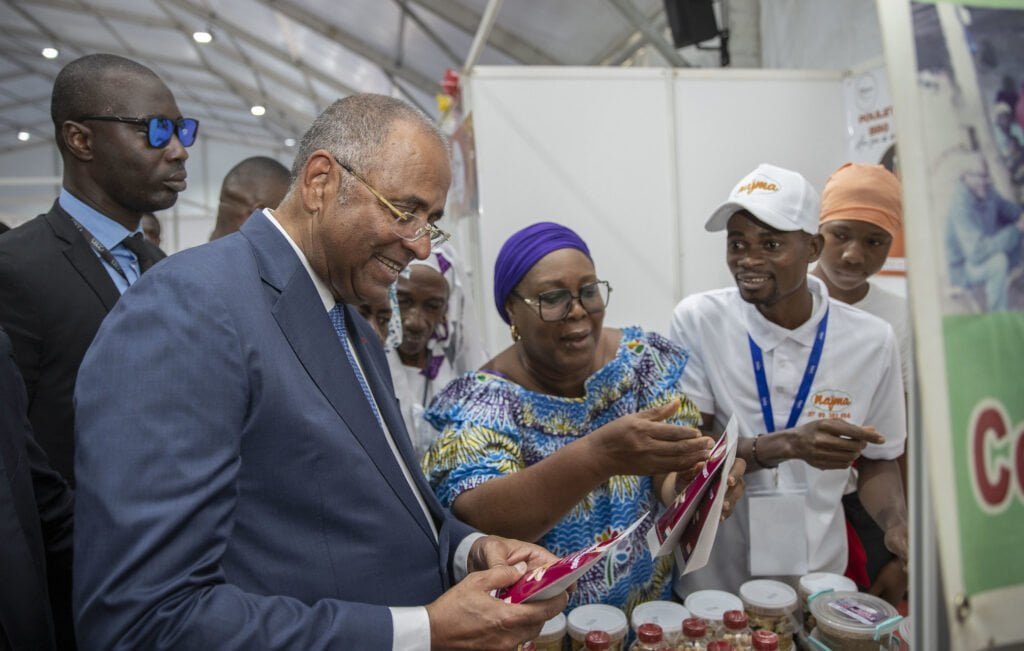Côte d’Ivoire : SARA, a showcase for Ivorian agriculture seeking solutions to its many challenges
From September 29 to October 8, the Parc des Expositions in Abidjan, Côte d'Ivoire, hosted the 6th edition of SARA, whose theme this year was “African agriculture facing the challenges of internal and external shocks: structural innovations to improve agricultural sectors and guarantee food sovereignty of our countries.”

By Issiaka N’guessan in Abidjan
Professor Téhua Pascal Kouassi Angui, Director General of Production and Food Security at the Ministry of State, Ministry of Agriculture and Rural Development, outlined the government’s commitment to ensuring food security for the people of Côte d’Ivoire. Speaking to the press in Abidjan on September 26, he reaffirmed the Ivorian government’s commitment to maintaining agriculture as a pillar of the country’s economic development, despite the opening up of other economic sectors.
Tangible results
« With a view to effectively combating malnutrition by making agriculture and food a priority for improving people’s living standards, » said Professor Téhua Pascal Kouassi Angui, who highlighted the introduction of several programs to support food security, including the National Agricultural Investment Program (PNIA). This program has produced tangible results, including an increase in the volume of agricultural production, » said Professor Téhua Pascal Kouassi Angui.
The Director General of Production and Food Security noted that the primary sector will grow by 5.1% in 2022, contributing to the country’s economic growth. He went on to say that in 2022, grain crops grew by 3.5% and tubers and plantains by 4.8% compared to 2021.

SARA, a platform for strategic positioning
According to participants, this 6th edition of the Abidjan International Agriculture and Animal Resources Exhibition was a resounding success. « SARA is a forum for giving and receiving, for exchanging ideas and promoting agricultural products, and for reflecting on the major development issues facing the agricultural sector in Côte d’Ivoire. Stakeholders see it as a forum to take stock and prepare to present their findings and build new partnerships around the world. The various agricultural sectors are trying to put their best foot forward, and it’s an opportunity for the management structures of these sectors to mobilize their networks to make appointments with partners. All the companies in the various sectors are also exhibiting their products. For Côte d’Ivoire, industry structures, consumers and training schools all flock to the show to present the country’s agricultural economy. At the end of the day, it’s a big market where everyone wins. It’s become a real international strategic positioning tool for the Ivorian government, » explains Dr Miaman Koné, president of the agricultural organization YEYA négoces in the Bafing region (Touba, West).
More than 6,000 professionals and 300,000 visitors were expected to attend this major agricultural and animal resources event in Abidjan, with several conferences and parallel events to present and exchange the experiences and initiatives of actors in the field of sustainable agriculture and agro-ecological transition. If there is one issue at stake at this SARA, it is the future of agriculture in the face of the challenge of climate variability. Farmers in Côte d’Ivoire are suffering the effects of climate variability without understanding or controlling it.

Food security and climate variability
The implementation of the agro-ecological transition in sub-Saharan Africa is exacerbating the problem of farm labor. What is the best trade-off between mechanization at farm level and job creation at regional level? How can we prevent mechanization from destroying jobs at a time when agriculture needs to create new ones? Experts from CIRAD, the French agricultural research and international cooperation organization working for the sustainable development of tropical and Mediterranean regions and African stakeholders in the agricultural sector have put forward some possible solutions to these questions. According to CIRAD, « agriculture in West Africa currently provides almost half of the jobs in the sub-region and 30-50% of GDP, depending on the country. However, as most crops are non-irrigated, the stability of production is highly dependent on climatic risks, particularly rainfall. According to the latest IPCC report, these sometimes-extreme events could become more frequent in the future. Adapting to climate change is therefore essential for West African farmers.
Dr Hermann Kanga, a teacher, researcher and agroclimatologist at the University of Alassane Ouattara (Bouaké), pointed out that « Côte d’Ivoire, like all the countries of West Africa, has for several decades been experiencing more fragile climatic conditions, which are affecting agricultural production. These effects are particularly negative when we look at the manifestations.
Dr Kanga believes that « climate variability also has a downside that can be seen as positive, through the opportunities it could offer [such as] the invention of new seed varieties that are much more drought-resistant and high-yielding [and] farmers’ innovations through endogenous techniques that need to be promoted ».
Coopcavica is one of the cooperatives participating in SARA 2023. Tuo Chang, its communications officer, claims that the agricultural structure « left [for SARA] a suitcase of hybrid maize for two cycles during the year, between March and November ». This variety of maize will allow farmers to « fill their granaries and make money ». At the end of the meeting, partnerships were established to strengthen the capacities of the 7,000 members and to create « common fields » that will lead to processing thanks to « a French partner ». « This SARA was a great opportunity for us, » he says.






